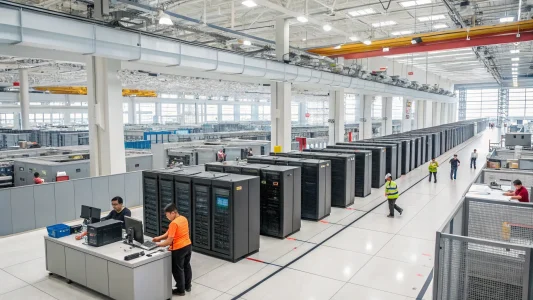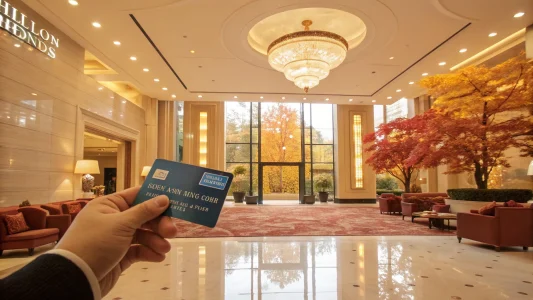According to disclosures made to the U.S. Securities and Exchange Commission, President Donald Trump will hold the so-called “golden share” that was part of the national security deal that permitted Japan-based Nippon Steel to purchase U.S. Steel. The clause grants the president the power to select a board member and have a say in important business choices that impact domestic steel production and the ability to compete with overseas producers.
Trump has the authority to make decisions while in office, either directly or through a designee he chooses. According to the SEC filings, that power passes to the Treasury and Commerce departments when a new president takes office.
President Trump receives “golden share” power for U.S. steel
The White House said that the share is “not granted to Trump specifically, but to whoever the president is” in response to a question about why Trump personally controls it while other presidents do not.
However, Trump is specifically mentioned in the agreement’s wording. The clause limits some decisions “without,… at any time when Donald J. Trump is serving as President of the United States of America, the written consent of Donald J. Trump or President Trump’s Designee,” and “at any other time, the written consent of the CMAs,” which are the departments of Treasury and Commerce.
Nippon Steel’s efforts
Last week, Nippon Steel completed its nearly $15 billion acquisition of U.S. Steel, a Pittsburgh-based company, converting it into a wholly owned subsidiary. Trump subsequently changed his mind and referred to the acquisition as a “partnership,” reversing his initial vow to block the deal, which was also held by former President Joe Biden.
According to the filings, Nippon Steel, its American subsidiary, and the U.S. government, represented by the Treasury and Commerce departments, signed the national security agreement, which went into effect on June 13. Although portions of the agreement have been included in company statements and securities filings, U.S. Steel confirmed on Wednesday that the entire agreement has not been made public.
For over a year and a half, Nippon Steel pursued U.S. Steel, encountering obstacles related to national security issues, resistance from the United Steelworkers union, and political pressure in Pennsylvania, a crucial battleground state where U.S. Steel is headquartered. In a market dominated by Chinese companies, the combined company will be the fourth-largest steelmaker in the world. According to analysts, Nippon Steel will invest $11 billion to update its facilities and introduce cutting-edge technology to U.S. Steel’s aging operations.
Nippon Steel agreed to the golden share arrangement and increased its capital commitments in order to close the deal. According to that clause, Trump has the power to designate an independent director and veto particular decisions, such as:
- Cutting back on the capital expenditures specified in the national security agreement
- Renaming U.S. Steel or moving its corporate office
- Plants being shut down or left idle
- Relocating jobs or production abroad
- Purchasing rival American businesses
- Making specific choices about labor, trade, or foreign sourcing
Featured Image Credit; Pok Rie: Pexels: Thank You!














